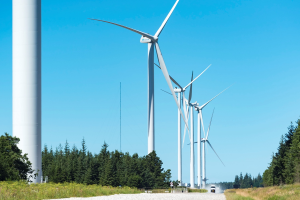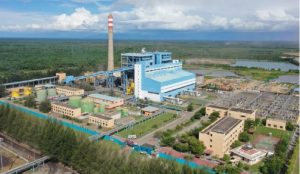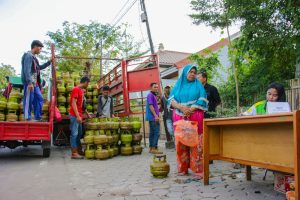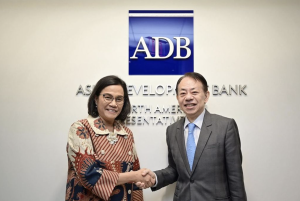Jakarta— Sustainable Energy Transition in Indonesia (SETI), the Government of Indonesia’s new initiative to reduce carbon emissions in big cities, realise environmentally friendly urban areas, and introduce the concept of low-emission cities has gained the support of local activists.
According to the Climate Transparency 2022 report, the building sector in Indonesia contributed about 29.1 per cent of the total energy-related carbon dioxide emissions in 2021. Decarbonising urban areas is crucial to achieving the zero carbon emission target set in the Paris Agreement.
The Government of Indonesia, through the Ministry of Energy and Mineral Resources (MEMR) in collaboration with the German Federal Ministry for Economic Affairs and Climate Action (Bundesministerium für Wirtschaft und Klimaschutz/BMWK) and supported by various other ministries based on recommendations of the Ministry of Energy and Mineral Resources agreed to support urban decarbonization efforts through the Sustainable Energy Transition in Indonesia (SETI) program. The program involves consortium members: Gesellschaft für Internationale Zusammenarbeit (GIZ) in Indonesia, Yayasan Indonesia Cerah, Institute for Essential Services Reform (IESR), and WRI Indonesia.
One of the key initiatives of SETI is the Urban Energy Lab, which aims to develop sustainable local energy ecosystems in selected cities.
SETI Program Manager from the Institute for Essential Services Reform (IESR), Malindo Wardana in the Urban Energy Lab Focus Group Discussion event, early April, explained that the cities involved were selected based on their renewable energy potential, existing sustainability programs, and willingness to implement energy decarbonization in the building sector.
The process of selecting pilot cities involves forming a network of potential cities, which will be selected by the Directorate General of Renewable Energy and Energy Conservation (EBTKE) of the Ministry of Energy and Mineral Resources and the SETI consortium.
These pilot cities will receive additional support through activities to bring together building owners or managers with energy service companies, capacity building through energy manager or auditor certification, and integrated energy planning modelling.
Meanwhile, Hendro Gunawan, Coordinator of the Energy Conservation Technical Guidance and Cooperation Group from the Ministry of Energy and Mineral Resources, emphasised the importance of regulations in supporting this decarbonization effort. The government has revised Government Regulation No. 70 of 2009 into Government Regulation No. 33 of 2023 on Energy Conservation, which emphasizes the obligation of the building sector to carry out energy management.
“This is expected to support local governments in implementing energy efficiency in buildings, as well as efforts to increase the utilization of renewable energy in buildings, to reduce the impact of climate change and build a sustainable environment,” he said.
With these concrete steps, Indonesia is expected to accelerate the transition to environmentally friendly and sustainable cities. (Hartatik)















